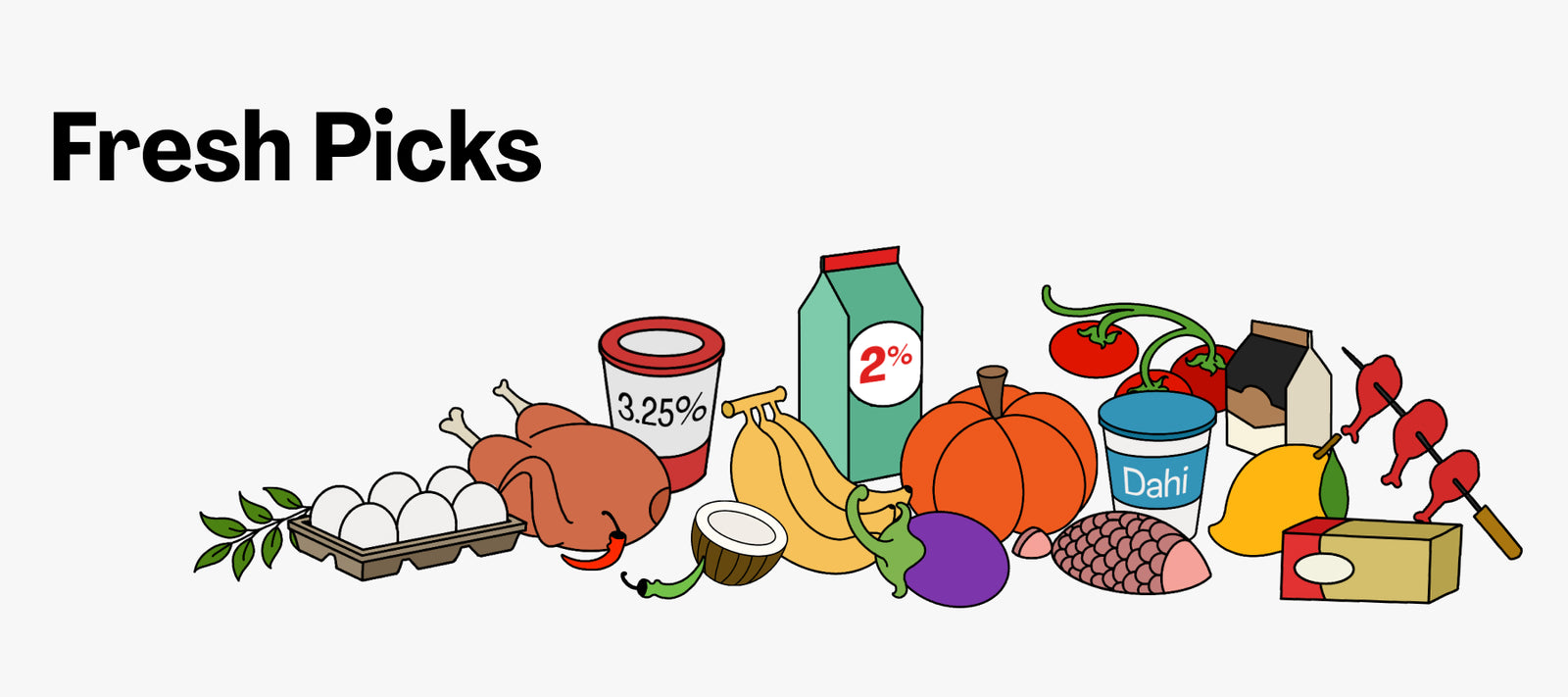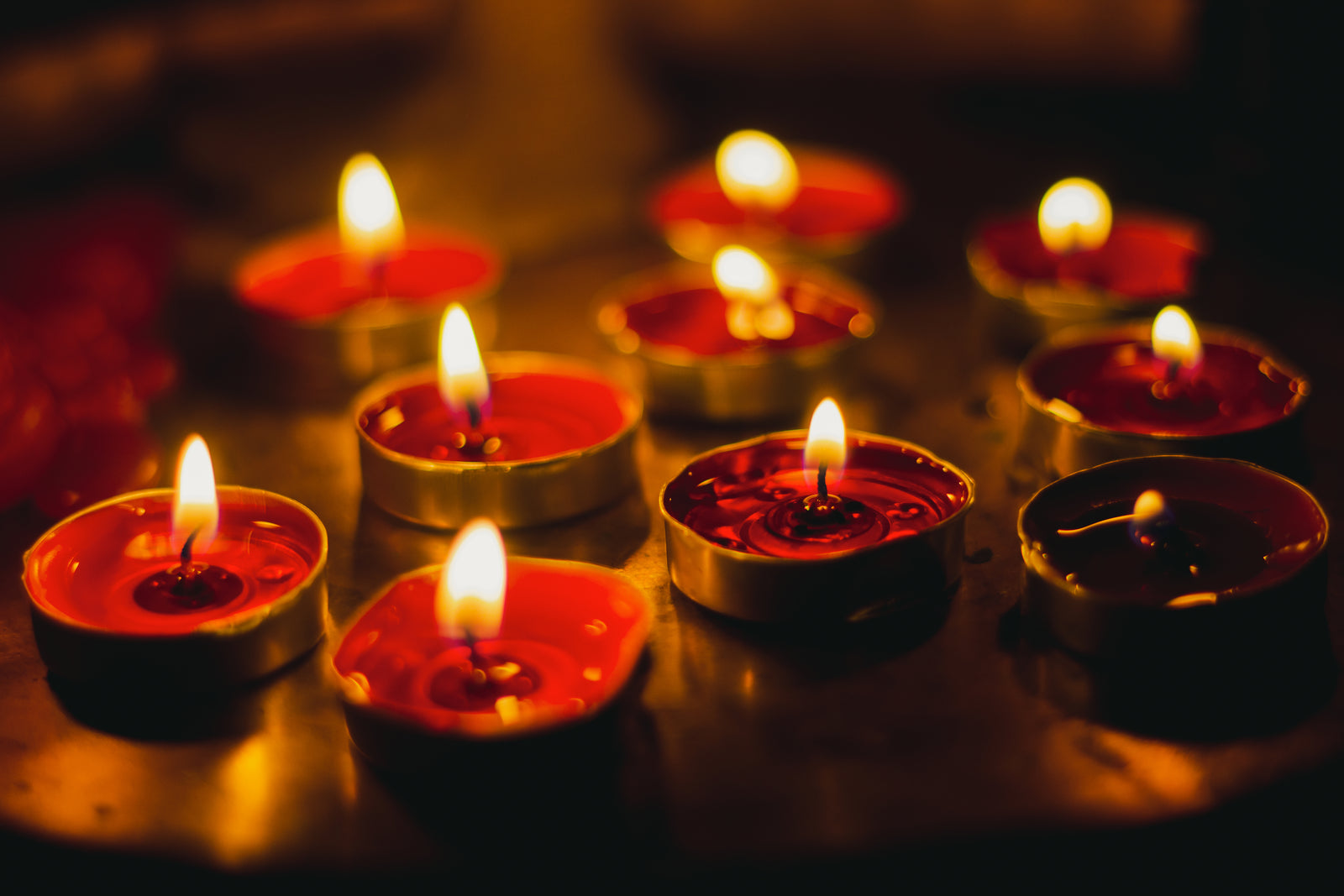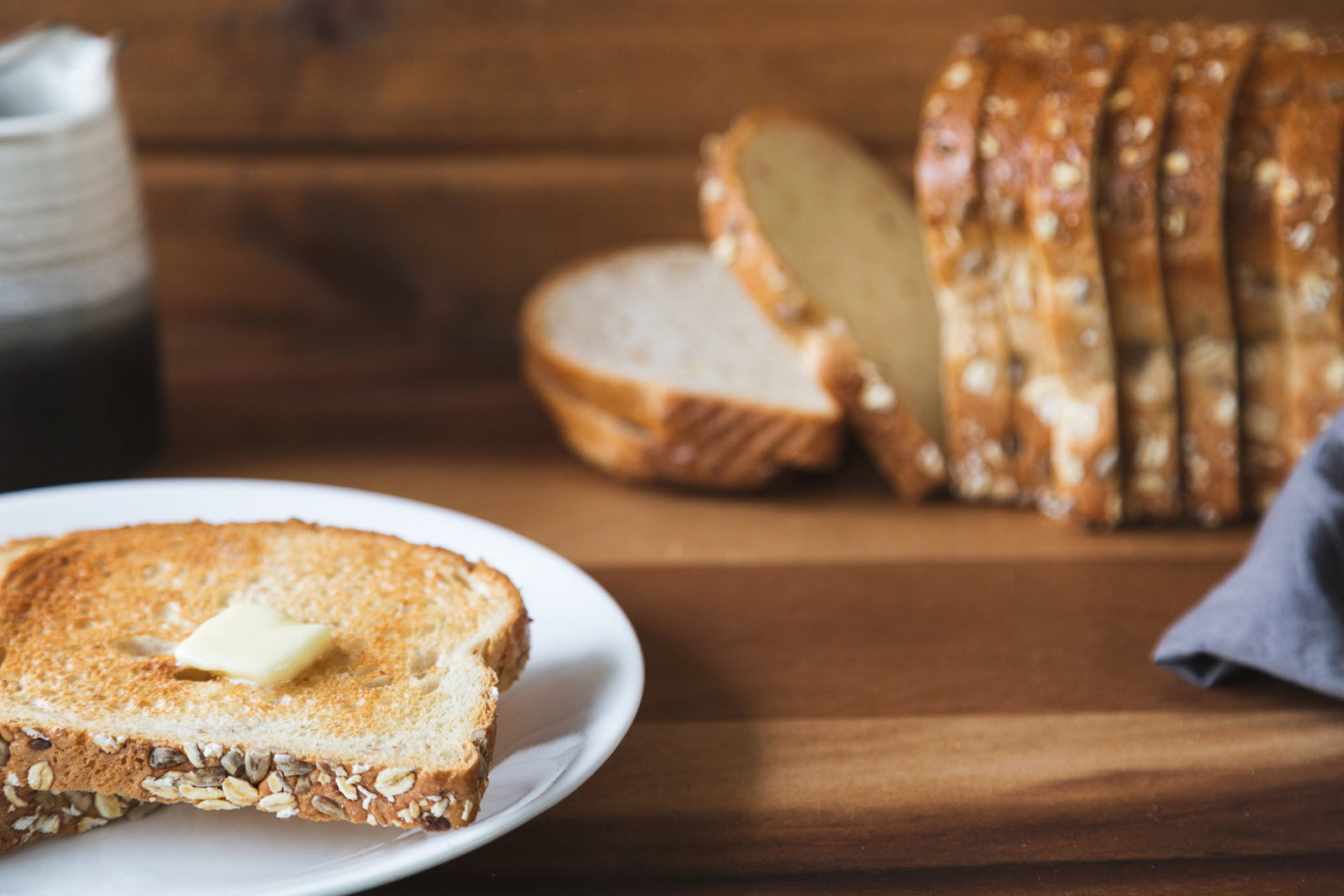Diwali, known as the Festival of Lights, is one of the most significant and widely celebrated festivals in India and among Indian communities across the globe. This vibrant festival typically falls between mid-October and mid-November and symbolizes the victory of light over darkness, good over evil, and knowledge over ignorance. Diwali, also known as Deepavali that is derived from the sanskrit word meaning “the row of lights”.
The origins of Diwali are steeped in cultural and religious significance. For Hindus, it commemorates the return of Lord Rama to Ayodhya after defeating the demon king Ravana, symbolizing the triumph of good over evil. In other religions, such as Sikhism, Diwali marks the release of Guru Hargobind Ji from imprisonment, while Jains celebrate it as the day Lord Mahavira attained nirvana.
Diwali is celebrated over five days, each with unique customs. The first day, Dhanteras, involves worshipping wealth and prosperity, often with the purchase of gold or new utensils. Naraka Chaturdashi, or Choti Diwali, follows, commemorating Lord Krishna's victory over the demon Narakasura. The third day is the main celebration, dedicated to Lakshmi Puja, where families pray for prosperity and adorn their homes with diyas (oil lamps) and colorful rangoli.
The festival promotes community spirit and togetherness, as families and friends exchange sweets, gifts, and festive meals. Fireworks light up the night sky, adding to the joyous atmosphere. Diwali also fosters values of compassion and generosity, as many people engage in charitable acts during this time.
Ultimately, Diwali is a celebration of hope, renewal, and the enduring spirit of light, bringing people together to reflect on life's blessings and embrace the promise of brighter days ahead.










